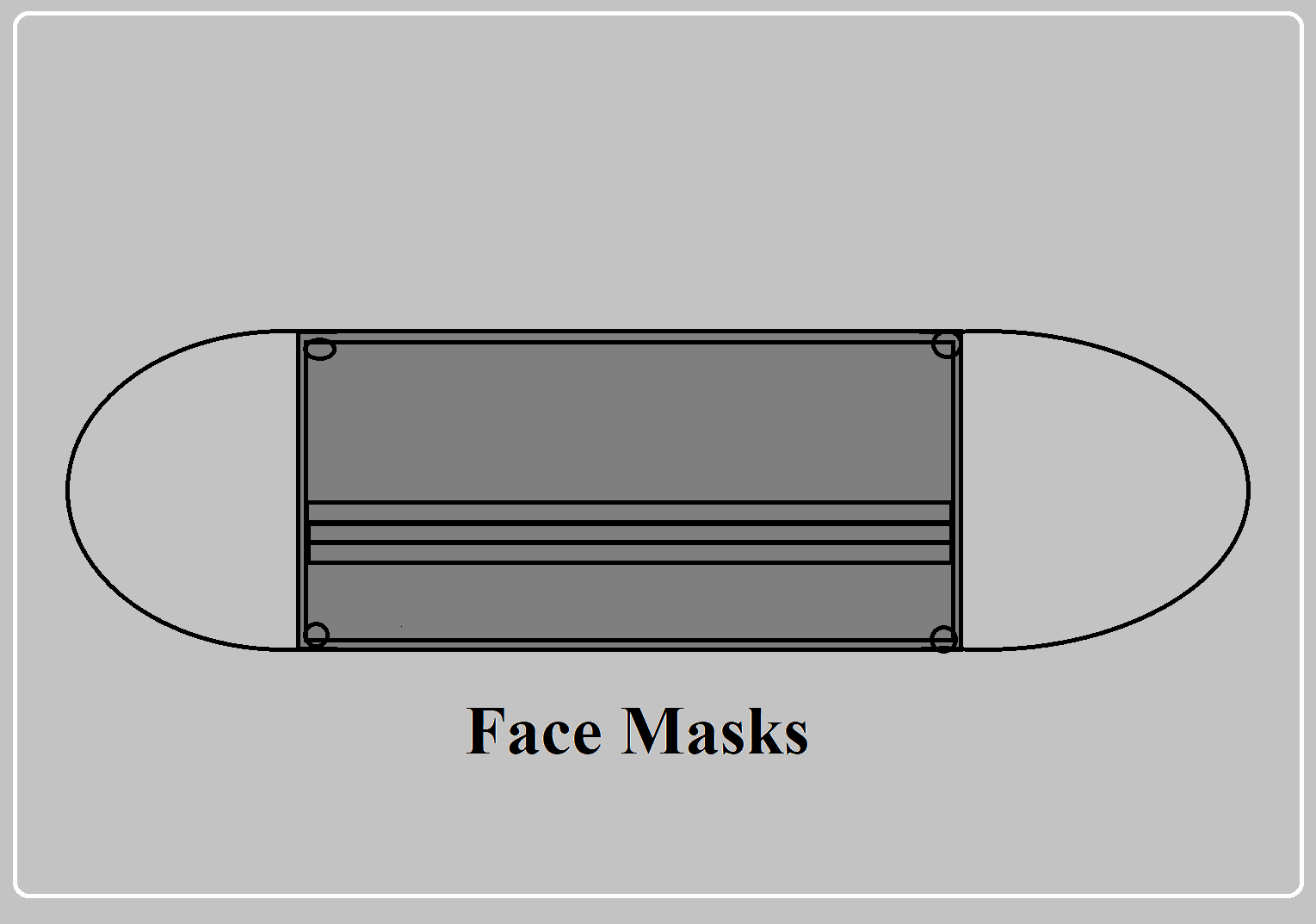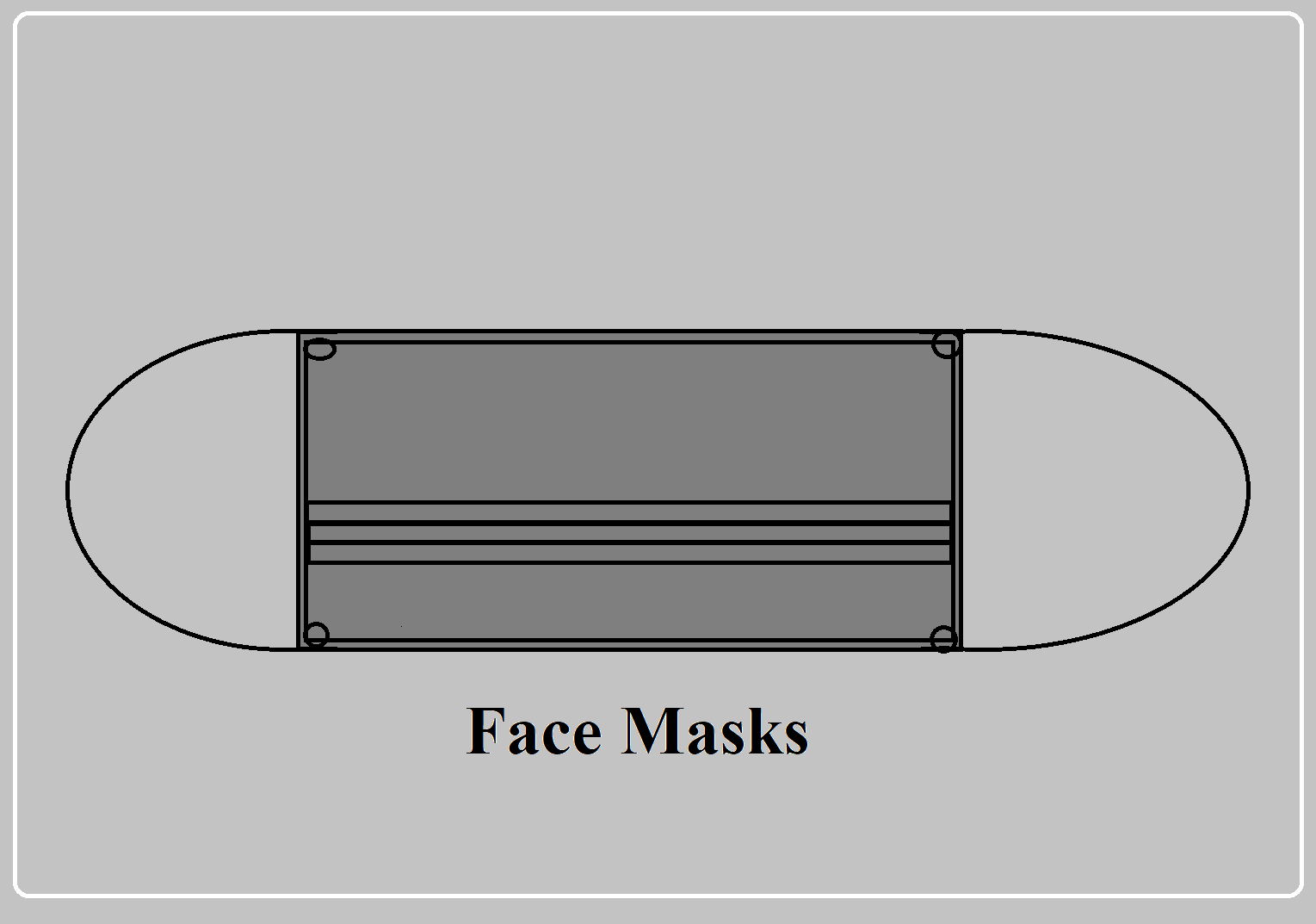페이지 정보
본문

Face Masks
Hi again! In relation to my previous podcast about people in Korea checking the air quality for the day and wearing mask accordingly, let us talk about mask this time. Wearing mask, before the pandemic is often seen to be reserved for really sensitive medical stuffs in my country. For example, you only wear it when visiting someone who just had an operation. But now, even if wearing mask is no longer that mandatory in several areas, people still wear them, especially in Korea. They are also cheaper now, compared especially during the time when there was a shortage of them during the pandemic.
Nevertheless, they are still disposable masks. Disposable or at best can be used for several times, but still needs to be thrown away eventually. This can mean that masks can be an additional thing that fills our landfills or pollute several parts of our planet like the seas, rivers, and lakes. Are the masks we are using biodegradable? This is one of the questions to be asked. This, in turn can lead us to ask about what to do: for one thing, we must protect ourselves and others, and another is that we must make sure that our carbon footprint is lower. An answer to such dilemma can be finding masks that are biodegradable, another is using reusable face masks such as those homemade cloth face masks that became popular during the shortage of disposable ones during the earlier days of the pandemic. One additional thing to consider is how we dispose our face masks. Because some people just throw them away anywhere or even burn such disposed face masks, which of course, as we know, will eventually affect our planet, even the air quality we have talked about before. Again, this is just another reminder. I will put a related text from the UN in the script. So that’s it. Let’s keep taking care of our health, and the health also of others, and the planet that we live in. Thank you for listening. And see you next time. I really hope you have a good day ahead of you. Once again, thank you.

Recorded by Jess
March 30, 2023
Script
Hi again! In relation to my previous podcast about people in Korea checking the air quality for the day and wearing mask accordingly, let us talk about mask this time. Wearing mask, before the pandemic is often seen to be reserved for really sensitive medical stuffs in my country. For example, you only wear it when visiting someone who just had an operation. But now, even if wearing mask is no longer that mandatory in several areas, people still wear them, especially in Korea. They are also cheaper now, compared especially during the time when there was a shortage of them during the pandemic. Nevertheless, they are still disposable masks. Disposable or at best can be used for several times, but still needs to be thrown away eventually. This can mean that masks can be an additional thing that fills our landfills or pollute several parts of our planet like the seas, rivers, and lakes. Are the masks we are using biodegradable? This is one of the questions to be asked. This, in turn can lead us to ask about what to do: for one thing, we must protect ourselves and others, and another is that we must make sure that our carbon footprint is lower. An answer to such dilemma can be finding masks that are biodegradable, another is using reusable face masks such as those homemade cloth face masks that became popular during the shortage of disposable ones during the earlier days of the pandemic. One additional thing to consider is how we dispose our face masks. Because some people just throw them away anywhere or even burn such disposed face masks, which of course, as we know, will eventually affect our planet, even the air quality we have talked about before. Again, this is just another reminder. I will put a related text from the UN in the script. So that’s it. Let’s keep taking care of our health, and the health also of others, and the planet that we live in. Thank you for listening. And see you next time. I really hope you have a good day ahead of you. Once again, thank you. https://news.un.org/en/story/2020/07/1069151
첨부파일
-
Recording 6.m4a (4.5M)
0회 다운로드 | DATE : 2023-03-30 14:52:30
